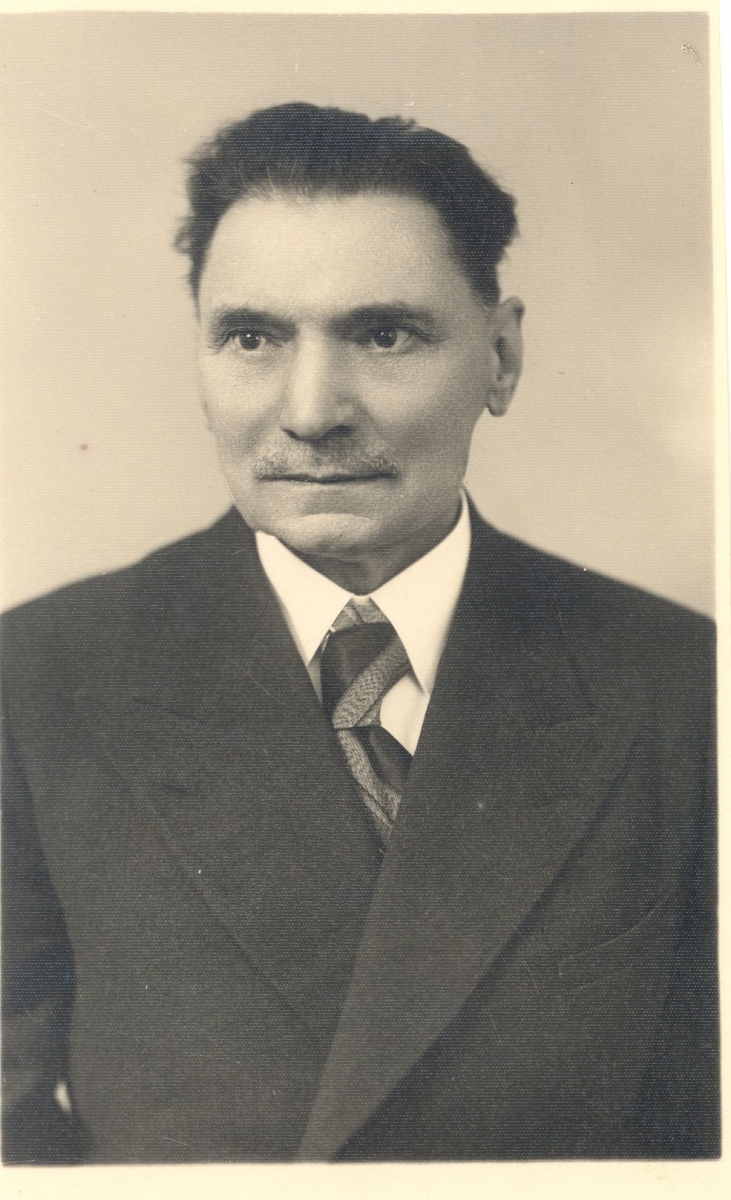
Jaan Lõo
Jaan Lõo (6. II 1872 – 18. II 1939) was a poet, and a lawyer by profession. He published only one collection of poetry which attracted attention and at the same time rather conflicting opinions and all in all secured the author’s position in the history of literature as a noteworthy addition to the poetry scene of the beginning of the 20th century.
Lõo was born in Holstre parish in Viljandi county; he attended Paistu and Viljandi schools, then Pärnu Gymnasium, and got his higher education at Tartu University, graduating from the Law Department in 1896. For more than 20 years (1898–1919) he worked as lawyer in Võru. In 1905 Lõo got involved in politics, joining the first official Estonian political party, the Progressive Party led by Jaan Tõnisson. As a party member he served as a member of Võru county government from 1918–1919 and later as chairman. In 1919 he was elected to the Estonian Constituent Assembly, i.e., a member of the first parliament of the Estonian Republic, and at the end of the year he was elected to the Supreme Court. In 1920 he became chairman of the department of common law of the Supreme Court, a post he held until the end of his life. Lõo died in Tallinn in 1939.
Lõo was an intellectual with diverse cultural interests. He was a founding member of the Estonian Literary Society (Eesti Kirjanduse Selts). His interest in the Estonian language and general language issues is revealed most specifically in a two-part paper he presented at the Estonian Literary Society: Meie koduloomade nimetused (‘The Names of our Domestic Animals’, 1910, 1912; published in the journal Eesti Kirjandus). Lõo’s greatest passion – besides writing poetry – was ancient languages and classical literature. He followed and reviewed attempts to translate the great works of ancient Greek literature into Estonian and he himself worked for over 10 years on a translation of the ‘Iliad’, which remained in manuscript form.
Lõo wrote poetry over a prolonged period but a large part of his work has not been published. In 1909 he put together a collection in manuscript form entitled Carminum (‘Book of Songs’), of which only three of a total of 25 poems were later published. The manuscript poems reveal characteristic features of Lõo’s poetry such as themes from classical mythology and literature, as well as love and nature. It is also evident that Lõo prefers not to divide his poems into stanzas or else uses long stanzas.
In 1916 Lõo’s poetry collection Nägemised (‘Visions’) came out. It consists of three cycles with Latin subtitles. The first, Paterna rura (‘Land of Fathers’), contains poems about home and nature through the four seasons. Most of Lõo’s better known poems belong to this cycle, for example Kodu (‘Home’), with its opening line “Kui tulevad helged heinakuu päevad” (“When the Bright Days of July Arrive”). The cycle Heroica (‘Stories of Heroes’) is composed of poems that are more epic in nature, based on ancient Estonian times and lore, and in which the theme of the hero is supported by classical motifs. The last part, Amores, is dominated by the expression of more personal sentiments in which the connection between love and nature is rendered through modern symbolist and impressionist imagery. A characteristic feature of Lõo’s poetry is precisely this juxtaposing and combining of poetic traditions (including the traditions of classical culture) with the contemporary poetic world vision and imagery.
E. S. (Translated by M. M.-K.)
Books in Estonian
Poems
Nägemised. Divis manibus. Tartu: 1916, 79 lk.



